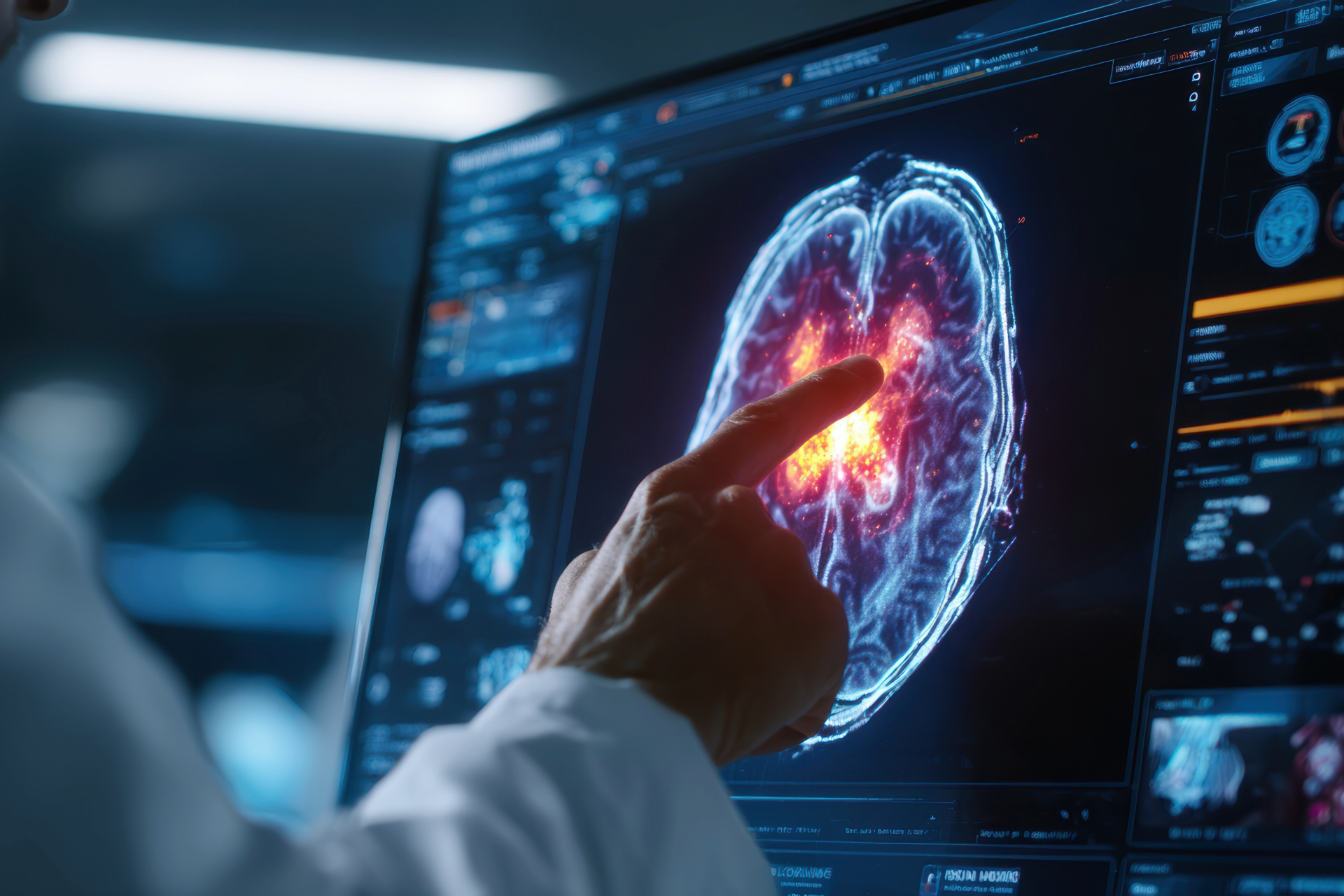AI Revolution: Effortless Optimization of Public Health Programs
Smarter Public Health: AI Tools for Government Program Optimization
AI tools for government program optimization are revolutionizing the way public health strategies are devised and implemented. With advancements in artificial intelligence, governments around the world are finding powerful solutions to enhance their health programs, leading to more efficient use of resources, improved patient outcomes, and reduced operational costs. This transformation not only supports the management of ongoing health crises but also improves the resilience of public health systems against future challenges.
Understanding AI-driven Public Health Initiatives
Artificial intelligence encompasses various technologies that can analyze vast amounts of data faster and with more accuracy than human beings. In the realm of public health, AI tools are utilized to predict disease outbreaks, personalize health treatments, optimize resource allocation, and enhance the accessibility of health services. These advancements allow for a proactive rather than reactive approach to health management, highlighting the potential of AI in crafting more resilient public health infrastructures.
AI is particularly instrumental in managing and analyzing big data from diverse sources, including healthcare records, epidemiological data, and genetic information. By leveraging machine learning algorithms, AI can identify patterns and trends that are not immediately obvious to human analysts. This capability is critical in predicting outbreaks and identifying under-served communities or inefficiencies within public health programs.
AI Tools Enhancing Disease Surveillance and Response
One of the quintessential applications of AI in public health is in disease surveillance. AI systems can monitor and analyze data from hospital reports, online news sources, and social media platforms to detect disease activity much earlier than traditional methods. For instance, AI algorithms were used to detect the early spread of COVID-19 by analyzing travel and communication data from affected regions.
Further, AI-driven tools contribute to modeling disease progression and potential impact under various scenarios. These models help government officials make informed decisions about where to allocate resources like vaccines and medical personnel, which is crucial in managing both seasonal flu outbreaks and pandemic responses.
Optimizing Health Resource Management
Resource allocation is another critical area where AI can greatly assist public health officials. AI systems can predict healthcare demands by analyzing trends such as seasonal illnesses, population growth, or environmental changes. This predictive capability ensures that hospitals are well-equipped, staffed, and prepared for fluctuations in patient numbers. Additionally, AI can optimize appointment scheduling, reducing wait times and improving patient care delivery.
AI also holds the key to mitigating wastage in healthcare. For instance, AI algorithms can improve supply chain efficiencies, ensuring essential medical supplies are available where and when needed, without significant surpluses that lead to waste.
Personalizing Public Health Efforts
Artificial Intelligence is paving the way for more personalized public health interventions. By analyzing data from individual health records along with wider public health data, AI can help in designing personalized treatment plans. This not only improves patient outcomes but also enhances the overall efficiency of health programs by focusing resources on interventions that are proven effective.
Challenges and Ethical Considerations
While the benefits of AI in public health are immense, there are significant challenges and ethical considerations that must be addressed. These include ensuring data privacy, avoiding biased algorithms, and managing the public’s trust in AI-driven health decisions. Governments must establish clear regulations and guidelines to address these issues, ensuring AI tools are used responsibly and ethically in public health.
Conclusion
AI tools for government program optimization are setting a new standard in public health management. By enabling more accurate disease surveillance, optimizing resource management, and personalizing health interventions, AI is making public health systems more effective and responsive. As we continue to navigate the complexities of health crises and everyday healthcare challenges, integrating AI into public health strategies not only enhances the capabilities of health systems but also promises a healthier future for all citizens. As AI continues to evolve, its role in public health is likely to grow, marking a new era in healthcare that is smarter, more responsive, and more attuned to the needs of individual patients.




